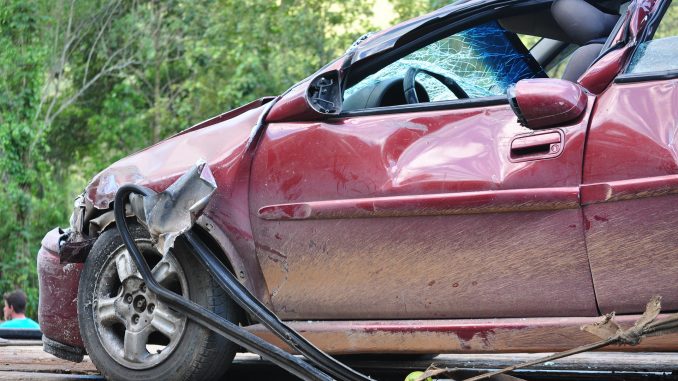
Recent research has shown that a surge of “crash for cash” cases has escalated the cost of insurance for many consumers. One of the biggest insurance companies in the UK, Aviva, noted that the value of fraud from last year had risen by 5.4%, at £90m, in comparison to the year before due to a 6.3% surge in uncovered fraudulent claims. Aviva described motor insurance as a “remains of particular concern” as two thirds of all fraud arose from motor claims, costing £59m. This is a £9m increase from the previous year.
What has contributed most to the increase is false whiplash claims: “crash for cash scams”, in which fraudsters cause motor accidents to occur artificially. When spoken about this matter, the head of fraud at Aviva, Tom Gardiner, commented:
“Whiplash fraud continues to present the biggest threat to customers – not just in terms of pushing premiums up, but by fraudsters putting innocent motorists at the risk of real harm by deliberately causing accidents to make bogus whiplash claims.
“Change is urgently needed. The proposed Civil Liability Bill will deter fraudsters from pursuing their campaign of crash for cash, simply to line their pockets. The good news in the meantime is that we are detecting, disrupting and prosecuting more fraud.”
As a result, the Civil Liability Bill suggests a cap given to motorists and passengers on whiplash pay-outs and requiring medical evidence for claimants. If followed through, this law would increase the minimum value in court for personal injury claims for all road accidents to £5,000, in comparison to £2000 for other injuries. Should this change come to effect, cases will have to be carried through court, resulting in the lack of compensation for legal representation for victims. For drivers, this could lead to less claims and costs.
According to price comparison website Confused.com, the government’s efforts to limit whiplash claims has resulted in insurance prices falling in the first quarter of this year.
Meanwhile, Aviva points that liability fraud is a serious concern, with 1 out of 18 claims for fraud on employers and public liability policies. In 2017, Aviva detected over £11m of liability fraud, with the average value of the claim at almost £14,000. The number of liability claims investigated by Aviva has also increased from 1,000 in 2016 to over 1,600 in last year.
To avoid becoming a victim of cash for crash insurance fraud, consumers have been warned to take the following precautions:
Awareness
Always look out for possible hazards, especially drivers that seem unpredictable or inconsistent. Leave plenty of braking space between the vehicle in front of you.
Looking back?
Is the driver or passenger in front paying too much attention to the car behind them? This could be a sign of someone intending to cause a motor accident.
Headlamp
Use your own judgement when pulling out instead of putting your trust in to another driver’s indicator. Wait for the car to start turning to be certain of where it’s heading. Also, be wary of cars with brake lights disabled as that could lead to an accident.


Leave a Reply